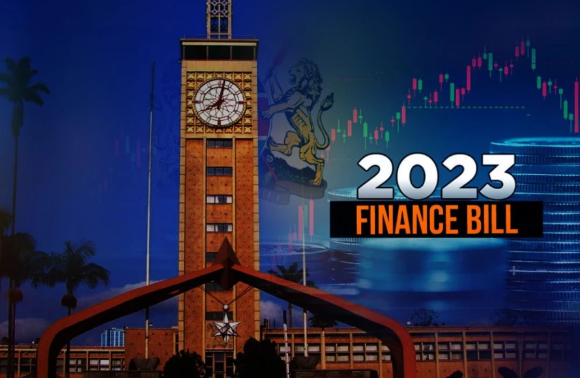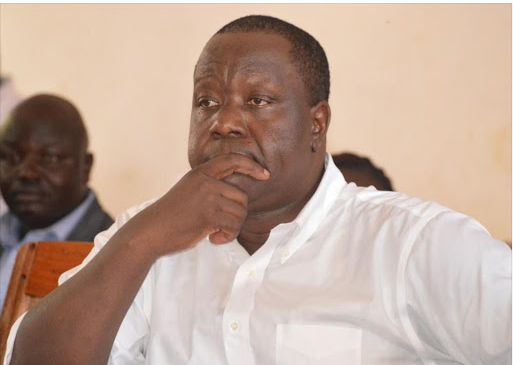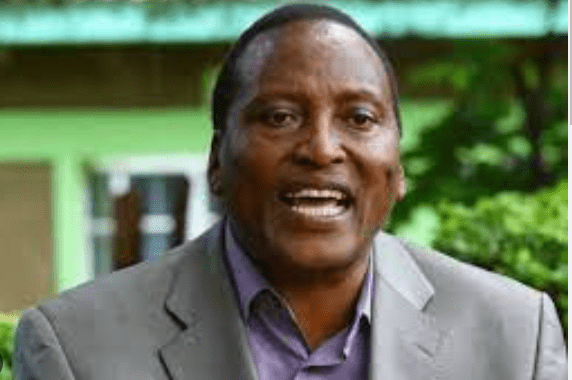The Road to Victory: President Ruto’s Triumph in the August 2022 General Election

Introduction
In August 2022, Kenya witnessed a historic moment as Deputy President William Ruto secured a significant victory in the general election, becoming the country’s fifth president. The election marked a turning point in Kenyan politics, shaping the nation’s future direction. In this blog post, we delve into the factors that contributed to President Ruto’s electoral success.
1. Political Experience and Recognition
One of the key factors that contributed to President Ruto’s victory was his extensive political experience. Having served as Deputy President under President Uhuru Kenyatta, Ruto had gained valuable insights into the inner workings of the government. His tenure as Deputy President allowed him to establish his political identity and build a strong support base across the country.
2. Grassroots Mobilization and Connection
President Ruto’s campaign strategy focused heavily on grassroots mobilization and direct engagement with the people. He traveled extensively across the country, addressing citizens’ concerns and understanding their needs firsthand. This approach allowed him to build a strong rapport with voters and project an image of being in touch with the common citizen.
3. Economic Agenda and Populist Policies
During his campaign, President Ruto highlighted a comprehensive economic agenda that resonated with a wide range of voters. His promise of job creation, poverty reduction, and improved access to basic services struck a chord with many Kenyans. Ruto’s populist policies aimed at addressing the economic disparities in the country and improving the lives of ordinary citizens.
4. Coalition Building
President Ruto strategically formed coalitions and alliances with various political parties and influential individuals. These partnerships expanded his political reach and secured support from different regions of Kenya. By uniting under a common banner, these parties created a formidable force that bolstered Ruto’s chances of winning.
5. Utilization of Social Media and Technology
The 2022 general election witnessed an increased reliance on social media and technology for campaigning. President Ruto’s team capitalized on this trend by maintaining an active and engaging online presence. His messages reached a broader audience, particularly the youth, who play a pivotal role in Kenyan politics.
6. Regional Dynamics
Kenya’s diverse ethnic and regional landscape often plays a significant role in elections. President Ruto strategically navigated these dynamics by forming alliances with key figures from different regions. This approach helped him secure crucial support from various ethnic groups, contributing to his overall success.
7. Focus on Anti-Corruption and Accountability
President Ruto’s campaign prominently featured his commitment to tackling corruption and promoting transparency in government. This stance resonated well with a public weary of political scandals and misuse of public funds. Ruto’s promise to hold individuals accountable for their actions appealed to voters who sought a clean and responsible administration.
8. Election Preparedness
Ruto’s team demonstrated thorough election preparedness, from voter registration drives to training election agents. Their proactive approach ensured that they could efficiently manage the voting process and respond to any challenges that arose on election day.
Conclusion
President William Ruto’s victory in the August 2022 General Election was the result of a combination of factors, including his political experience, grassroots mobilization, strategic coalition building, and a strong focus on economic empowerment and anti-corruption measures. By effectively addressing the concerns of a wide range of Kenyan citizens and leveraging modern campaign techniques, Ruto secured a historic win that set the stage for a new era in Kenyan politics.

 Finance Bill 2023- The Benefits
Finance Bill 2023- The Benefits  How Small Businesses Can Use AI to Increase Sales In Kenya
How Small Businesses Can Use AI to Increase Sales In Kenya  Not Today; Matiang’i’s Lawyer Says His Client Will Not Appear Before DCI Today
Not Today; Matiang’i’s Lawyer Says His Client Will Not Appear Before DCI Today  Senator Onyonka Urges President Ruto To Be Careful On How He Handles Matiang’i’s Case
Senator Onyonka Urges President Ruto To Be Careful On How He Handles Matiang’i’s Case  Form One Student Beaten To Death By Teachers Over Alleged Physics Exam Cheating
Form One Student Beaten To Death By Teachers Over Alleged Physics Exam Cheating  Amira Goes Hard On Jimal On Her IG Q&A Session
Amira Goes Hard On Jimal On Her IG Q&A Session